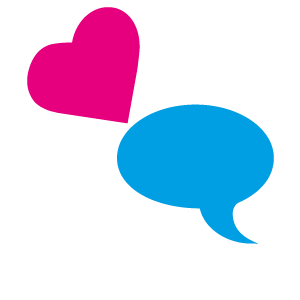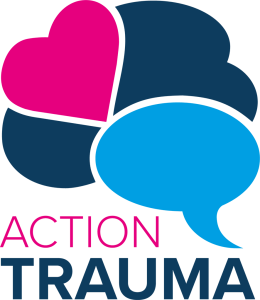Stay Connected
Join the Action Trauma Network mailing list. Don't miss our upcoming events & news.
We tailor our emails to ensure that what you receive is of value to you and your work. We will never pass on your details to third party organisations.

Action Trauma is a not-for-profit organisation dedicated to changing lives for the better by promoting awareness of trauma and trauma recovery throughout the world.

Mailing Address:
Action Trauma
119 Cahard Road
Saintfield Co Down
BT24 7LA
Phone: +44 (0)28 97 08 0026
Stay Connected
Subscribe to newsletter
Action Trauma is a not-for-profit organisation dedicated to changing lives for the better by promoting awareness of trauma and trauma recovery throughout the world.


